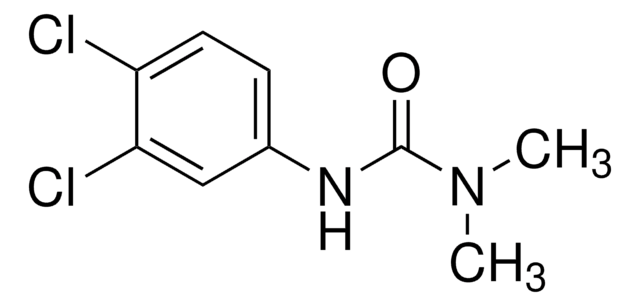271993
2,5-Dibromo-6-isopropyl-3-methyl-1,4-benzoquinone
Synonym(s):
2,5-Dibromo-3-methyl-6-isopropyl-p-benzoquinone, Dibromothymoquinone
About This Item
Recommended Products
form
powder, crystals or chunks
mp
70-72 °C (lit.)
application(s)
diagnostic assay manufacturing
hematology
histology
storage temp.
room temp
SMILES string
CC(C)C1=C(Br)C(=O)C(C)=C(Br)C1=O
InChI
1S/C10H10Br2O2/c1-4(2)6-8(12)9(13)5(3)7(11)10(6)14/h4H,1-3H3
InChI key
GHHZELQYJPWSMG-UHFFFAOYSA-N
Related Categories
Application
Biochem/physiol Actions
Storage Class
11 - Combustible Solids
wgk_germany
WGK 3
flash_point_f
Not applicable
flash_point_c
Not applicable
ppe
dust mask type N95 (US), Eyeshields, Gloves
Certificates of Analysis (COA)
Search for Certificates of Analysis (COA) by entering the products Lot/Batch Number. Lot and Batch Numbers can be found on a product’s label following the words ‘Lot’ or ‘Batch’.
Already Own This Product?
Find documentation for the products that you have recently purchased in the Document Library.
Our team of scientists has experience in all areas of research including Life Science, Material Science, Chemical Synthesis, Chromatography, Analytical and many others.
Contact Technical Service







